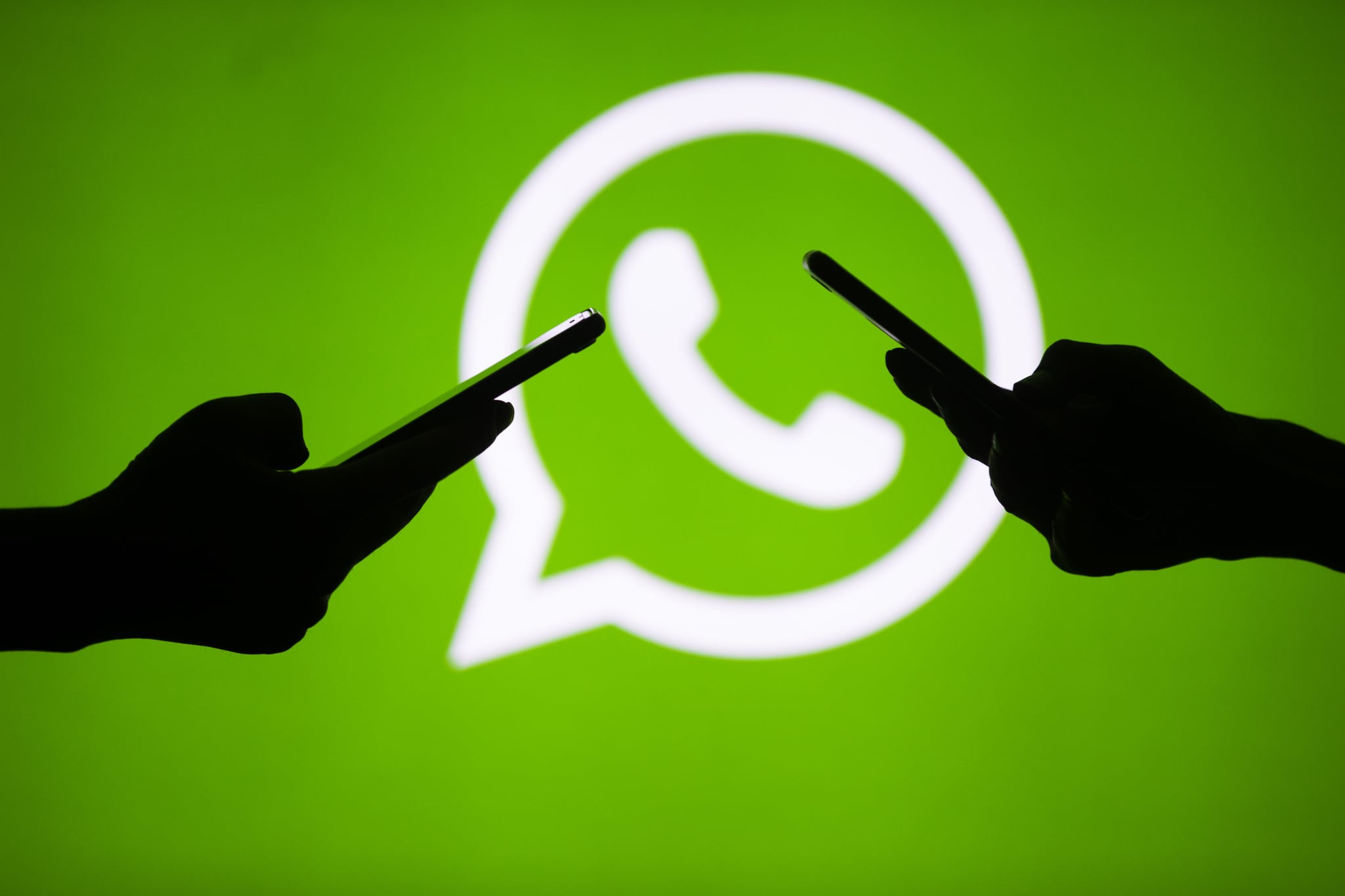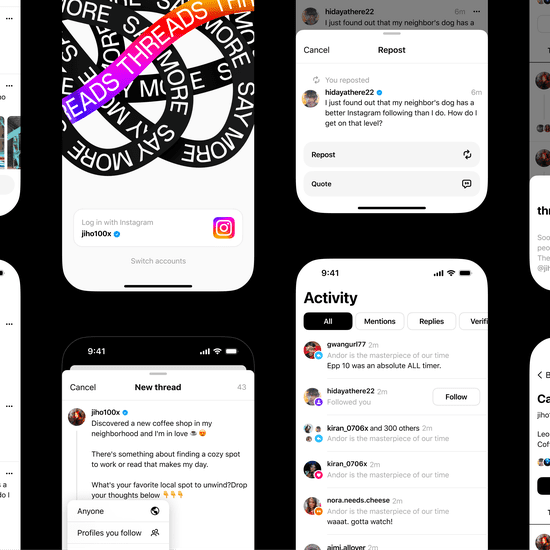Why People are Leaving WhatsApp After the New Privacy Policy
Why Millions of People Are Leaving WhatsApp, and Downloading Signal and Telegram Instead

WhatsApp is experiencing a mass exodus. Millions of people around the world are leaving the popular encrypted messaging service after the app's parent company, Facebook, updated WhatsApp's privacy policy, which goes into effect on 15, May 2020.
Although WhatsApp's updated privacy policy states that our messages continue to be protected against Facebook, its companies, and third parties (businesses and advertisers) from reading them, there are nuances and unclear contradictions throughout the new terms. Governments in India, Italy, Hong Kong, and Turkey are currently investigating the new policies to protect the privacy of user data.
In India, WhatsApp's largest market, a petition was filed before Delhi High Court on Thursday, 14 Jan. on the grounds that the app "virtually gives a 360-degree profile into a person's online activity," said lawyer Chaitanya Rohilla to Reuters.
What Are WhatsApp's New Privacy Policies?
According to WhatsApp's new privacy terms, our messages are being kept private. All other information including our saved media, IP address, how long we use the app, and other Facebook-owned apps, as well as information we may have on our iCloud and Google Drive that has been connected to WhatsApp, Instagram, or Facebook (and connected companies) has the potential to be stored on the Facebook servers. In light of these revelations, WhatsApp commented on Twitter, "We want to address some rumours and be 100% clear we continue to protect your private messages with end-to-end encryption."
When reading privacy terms that lay out a company's ability to share your personal information and data usage, it's necessary to recognise the nuance in sentences and phrasing. For example, WhatsApp's updated policy states that "We [WhatsApp and Facebook companies] do not retain your messages in the ordinary course of providing our Services to you. Instead, your messages are stored on your device and not typically stored on our servers." It is unclear as to whether or not our messages are or are not stored on Facebook servers, what includes an "ordinary course" of using our data, and how our data is being shared with third parties that could be governed by foreign data laws.
Facebook clarified for POPSUGAR what is meant by an "ordinary course" of storing messages, stating that "WhatsApp has no ability to see the content of messages or listen to calls that are end-to-end encrypted. That's because the encryption and decryption of messages sent and received on WhatsApp occurs entirely on your device. As we outline in the Privacy Policy — the following scenarios describe circumstances where we may store your messages in the course of delivering them. Undelivered Messages: If a message cannot be delivered immediately (for example, if the recipient is offline), we keep it in encrypted form on our servers for up to 30 days as we try to deliver it. If a message is still undelivered after 30 days, we delete it; Media Forwarding: When a user forwards media within a message, we store that media temporarily in encrypted form on our servers to aid in more efficient delivery of additional forwards."
When sharing our information with third parties, WhatsApp's new privacy policy states that "those third-party services may receive information about what you or others share with them. For example, if you use a data backup service integrated with our Services (like iCloud or Google Drive), they will receive information you share with them, such as your WhatsApp messages."
"If you interact with a third-party service or another Facebook Company Product linked through our Services, such as when you use the in-app player to play content from a third-party platform, information about you, like your IP address and the fact that you are a WhatsApp user, may be provided to such third party or Facebook Company Product. Please note that when you use third-party services or other Facebook Company Products, their own terms and privacy policies will govern your use of those services and products."
These confusing and unclear terms on how our data is shared and used within the Facebook network has encouraged many people to leave WhatsApp, and switch to competing end-to-end encryption messaging apps. Another reason why people are leaving WhatsApp is because of concerns over how the big tech giants have been irresponsibly sharing our data with companies that are feeding the political divide, extremism, and echo-chambers on the internet.
It's also crucial to note that the new WhatsApp privacy terms, at present, do not affect members of the EU data protections laws. Since the UK has now left the EU, it is important to understand what that means for companies that share your data usage. If you fancy switching over to Signal, Telegram, or any other end-to-end encryption messaging app without losing your WhatsApp data, then keep reading ahead.
How to Leave WhatsApp Without Losing All of Your Data
If you choose to leave WhatsApp, then you might want to notify all your friends and family so it doesn't seem like you disappeared. We recommend sending a broadcast message to your contacts to let them know why you're leaving WhatsApp, and where you'll be going so that they can keep in touch. Then, you might want to make a copy of your data and chat history.
Your data refers to the information that WhatsApp shares with third-parties, and your chat history includes conversations and media shared between you and other WhatsApp users and groups. To request a record of your data, which might not be all that useful to you, go to "Settings", click "Account", and then "Request account info". WhatsApp will send you a report within three days. To get a copy of your chats and shared media, you'll have to export each individual conversation. To do this, head to the chat you want to preserve, click the three tiny dots in the top-right corner of the chat for more options, then choose "More", and then "Export chat", which will give you the option to export the entire chat history with or without shared media.
Once you've backed up any important chats, and said your farewells via broadcast, it's time to delete your WhatsApp account, and the app itself. Deleting your WhatsApp account is an irreversible step, and once your account is gone you will never be able to retrieve any of your chat history. When you're ready to delete your WhatsApp account, head to your WhatsApp account settings, click "Account", then "Delete my account". As soon as you hit that delete button, it will take up to 90 days for your account to be permanently deleted from WhatsApp's servers, and you won't be able to access your account within this time if you change your mind.
What Are Signal and Telegram?
After the news of WhatsApp's new privacy terms hit the internet, competitor apps like Signal and Telegram became two of the most downloaded apps overnight. According to The Independent, Signal saw 17.8 million new downloads, and Telegram saw 15.7 million downloads between 5 and 12 Jan. But which one is better for entrusting with your data? We will list the facts and you can be the judge — although, these are not the only two alternatives out there.
Signal is experiencing a competitive edge after being endorsed by Elon Musk. The end-to-end encryption app was founded in 2018 by Americans Brian Acton and Moxie Marlinspike. Acton is actually a co-founder of WhatsApp, who left the platform three years after it was bought out by Facebook; and Marlinspike was once a bigwig at Twitter before leaving to be CEO of Signal full-time. Signal offers end-to-end encrypted messaging, group chats, and voice calls, with the option of choosing self-destructing messages for added security. Unlike WhatsApp, Signal has super tight encryption that is always enabled, which means that third parties, law enforcement, advertisers, and the Signal company itself will never be able to see or retrieve your chat history.
Telegram is owned by Russian entrepreneur Pavel Durov, who also founded popular Russian social networking site VK. Features of the app include encrypted messaging, groups chats, and voice calling. For added security, there is an option of "secret chats" which forces the app to delete your messages from the recipient's history on the other side. Much like Signal, Telegram also has a self-destruct option for messages to be destroyed after a set timer.



